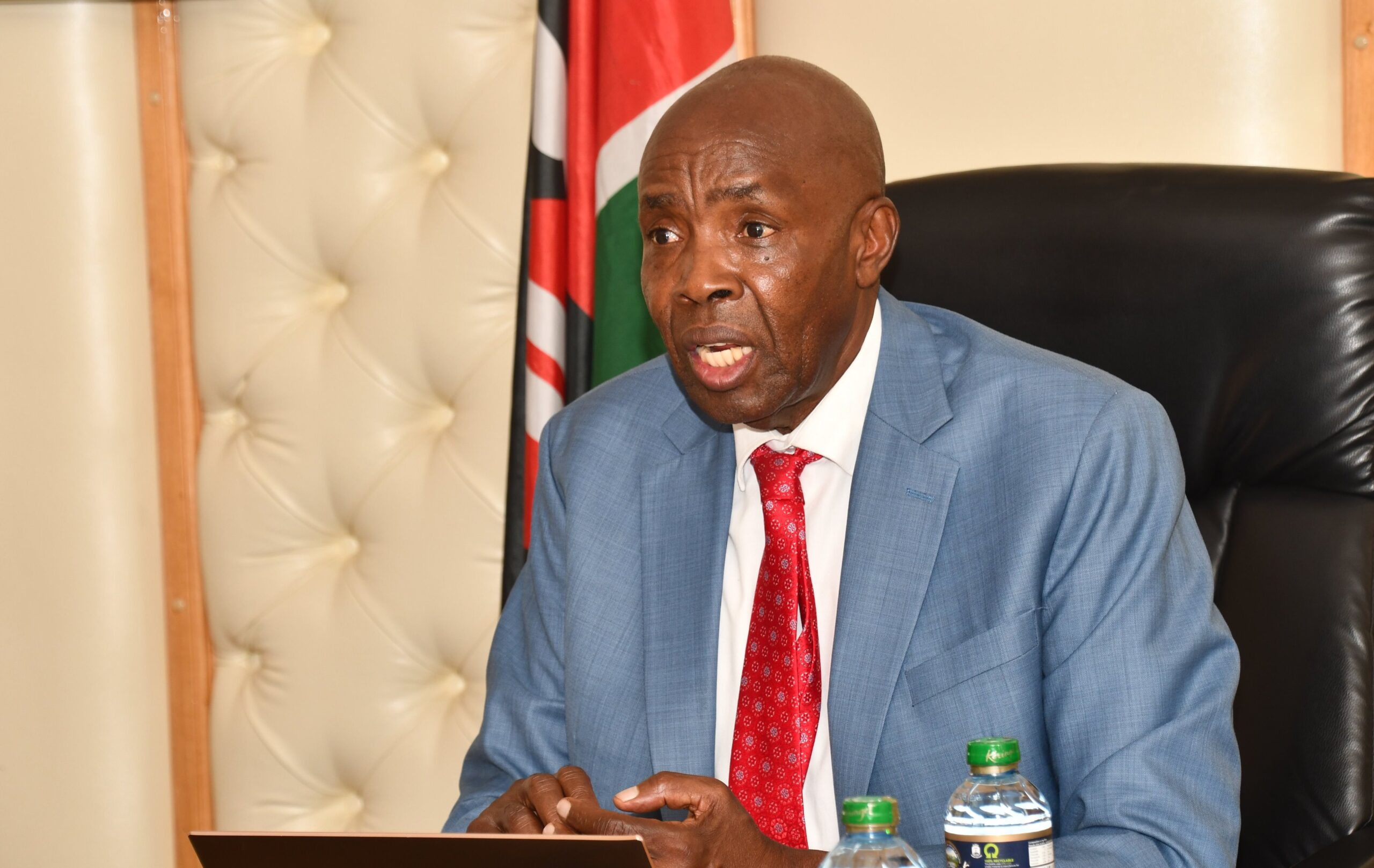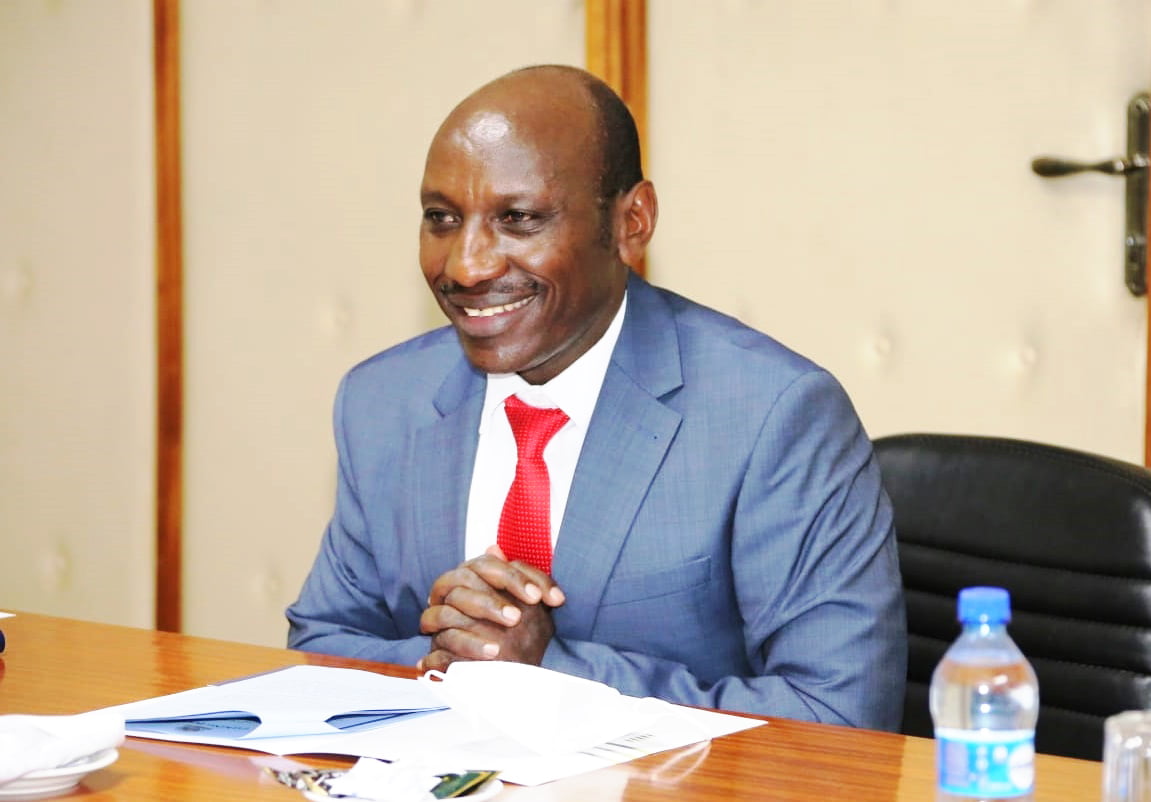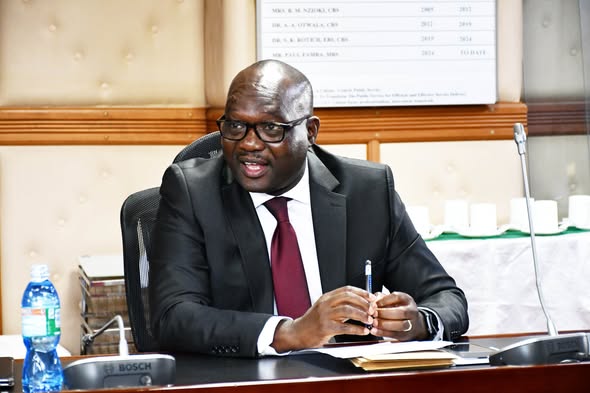By Robert Nyagah
The present confusion affecting the education sector due to apparent haphazard reforms, sometimes not backed by research, could be blamed on lack of a single and central authority with a mandate to manage this crucial sector.
In the days of late President Daniel Arap Moi, there used to be a position of Director of Education, which headed the entire education sector, overseeing operations right from nursery school to university.
The Director of Education would receive reports on education matters right from head teachers of primary and secondary schools, to college principals and university vice chancellors. District and provincial education officers were required to generate detailed monthly and annual reports touching on all education matters from their regions.
Those years, the office of the director of education would mostly be held by a career teacher-civil servant with immense experience.
Although academically qualified, the director was mostly a hands-on officer firmly familiar with matters of class work, school management and office work, and whose decisions would be based on research and professional considerations.
Today’s trends in education are worrying. It is apparent that President Dr. William Ruto is torn between his Working Party on Education Reforms and the Ministry of Education (MoE), whose expertise seems to be slowly being pushed to the periphery. Teachers Service Commission (TSC), Kenya Institute of Curriculum Development (KICD) and Kenya National Examinations Council (KNEC) lurk as support pillars for the ministry.
And there is confusion. When the president wanted TSC to train teachers on CBC, he was informed already 60,000 secondary and 229,000 primary school teachers had been trained.
The TSC boss Dr Nancy Macharia says that the Commission will continue to support all teachers and equip them with the necessary skills to effectively deliver CBC.
Kenyans have been assured that TSC will deploy adequate CBC-competent tutors in teacher training colleges (TTCs), with a further assurance that by the time the current teacher trainees graduate from colleges, they will have gained enough skills to deliver the CBC.
Yet the role of parents is still unclear, with the government reminding them that under the CBC they had become part and parcel of their children’s education and learning processes.
Prof Charles Ong’ondo, the director of KICD, has warned parents against distaste with practical segments of homework their children bring home, noting that preliminary research had shown that learners’ practical and creative activities had improved with their involvement.
Prof Ong’ondo also said teachers should embrace new teaching challenges including taking care of the pupils’ emotional development, while head teachers will be required to monitor new books and ascertain whether they were approved by the body.
Nevertheless, there is light at the end of the tunnel. The baby steps that the CBC is taking are giving hope to a Kenyan society yearning for a better education system concordant with changing global technological times. Reaching harmony may take time, but will surely get there if education management has a central command.






